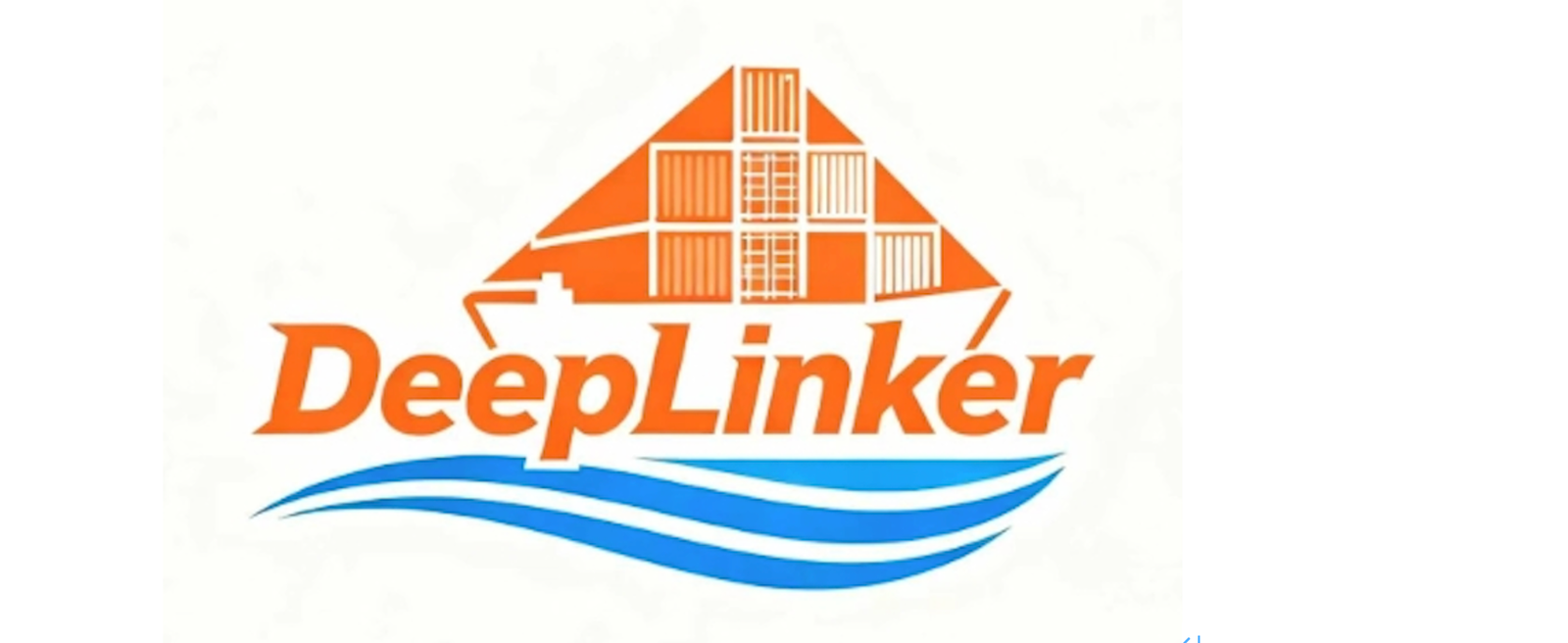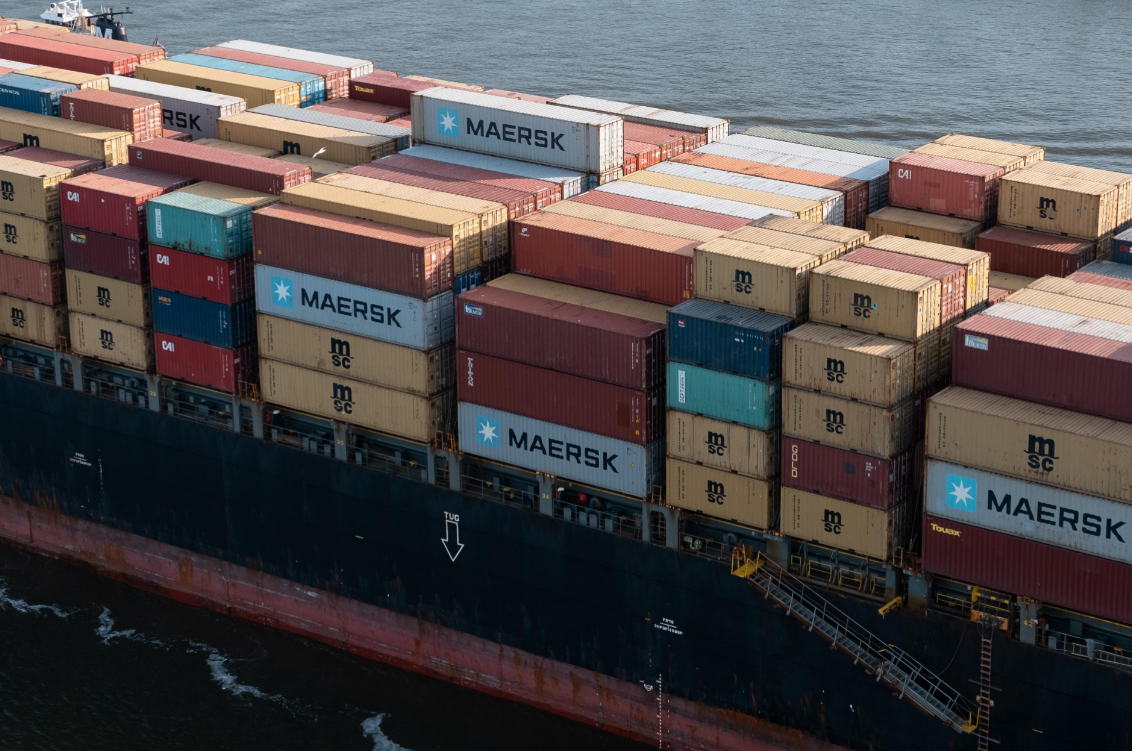Leading Paragraph
CFS (Container Freight Station) refers to a facility where cargo is consolidated or deconsolidated before shipping. Understanding CFS/CFS meaning in shipping is essential for smooth logistics operations.
Snippets Paragraph
CFS serves as a hub for cargo handling, storage, and documentation. CY/CFS and CY door meaning define whether goods are picked up from the container yard or directly from the CFS.
Related Content
At a container freight station, importers’ cargo is grouped or separated, preparing for shipment or delivery. CFS operations include checking, warehousing, and customs clearance. Businesses relying on CFS can streamline complex international shipments, reduce errors, and manage multiple suppliers efficiently. Over Seagull provides professional CFS services, ensuring cargo is ready for timely delivery.
What is the difference between CFS and LCL? / LCL vs CFS – Key Differences
Leading Paragraph
Although related, LCL and CFS serve different purposes. LCL shipment is about partial container loads, while CFS refers to the physical station handling these shipments.
Snippets Paragraph
Understanding the difference ensures proper logistics planning. LCL focuses on cargo volume, whereas CFS ensures consolidation, storage, and customs compliance.
Related Content
For example, a small exporter may use LCL shipment to send goods from multiple suppliers. The cargo will first go to a CFS for consolidation, documentation, and security checks. This combination reduces costs and streamlines international trade. Choosing the wrong process can lead to delays, extra fees, or lost shipments. Over Seagull guides clients through LCL and CFS options to optimize efficiency and reduce risk.
Should I choose LCL or FCL shipping? / How much is 1 FCL in kg?
Leading Paragraph
FCL (Full Container Load) is for shipments that fill an entire container. Understanding when to choose FCL vs LCL shipment is critical for cost-effectiveness.
Snippets Paragraph
1 FCL usually carries 20–25 tons, depending on container type. Small shipments benefit from LCL, while large orders justify FCL to save cost per unit.
Related Content
Companies often compare LCL vs FCL based on shipment volume, transit speed, and cost. Over Seagull helps businesses evaluate whether to use LCL, FCL, or a mix, and provides flexible CY/CFS handling and documentation services for smooth international shipping.
Tips for Choosing the Right Option
Leading Paragraph
Selecting the right shipping method requires balancing cargo size, cost, and delivery speed.
Snippets Paragraph
Consider LCL shipment for small loads, FCL for full containers, and CFS for consolidation and customs handling. Optimize logistics to reduce risk and costs.
Related Content
Over Seagull offers customized, flexible logistics solutions integrating LCL, FCL, and CFS services. Our team assists with CY/CFS documentation, load type CFS planning, and international freight forwarding to ensure cargo reaches its destination safely and efficiently. Using our professional guidance, businesses can maximize efficiency and minimize errors.
Summary
Understand LCL shipment, CFS/CFS, and FCL; choose wisely to optimize cost, time, and shipping efficiency.




